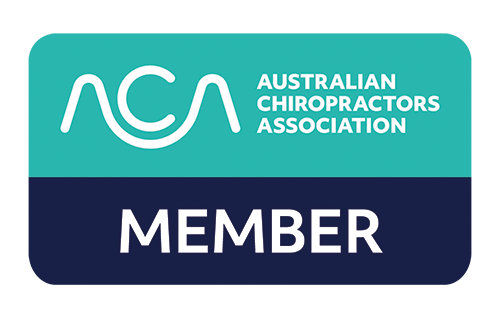After ongoing attention and controversy after the AHA and American College of Cardiology (ACC) released updated cholesterol guidelines in November, 2013. There is less focus on specific targets for cholesterol reduction, leading to more individually based and patient centered approaches gaining traction. It’s about time they focused on the patient and not the pharmaceutical industry as heart disease is due to lifestyle choices 80-90% of the time. Maintaining a healthy heart as well as general health is basic common sense! Maintain a heart healthy lifestyle with special regard to diet, exercise and other modifiable risk factors.
Monitor Your Diet
Research has shown that a diet high in fruits and vegetables, whole grains, legumes, nuts and olive oil, consistent with the Mediterranean diet, can decrease the incidence of heart disease by 30%, whereas diets high in saturated fats, simple sugars and processed foods can increase the risk of heart disease by 30%. Paying attention to your diet on a daily basis is one of the cornerstones of keeping your heart healthy.
Exercise Daily
My mantra is; exercise is the best medication (keep and eye out for my upcoming article “50 reasons to exercise”). Beyond benefits for your heart, there is also evidence that it helps to ease the pain of arthritis, improves mood and combat depression, improves vitality, decreases the incidence of stroke, prevents obesity, diabetes and osteoporosis. The Australian Government Department of Health recommends 30-60 minutes per day of cardiovascular exercise (to maintain health not lose weight). If there is one way to jumpstart your heart’s health, it is by getting your heart rate up, consistently. It will not only add years to your life, but improve the quality.
Manage Your Stress
As we all realize, stress is a daily part of our lives and we unfortunately can’t escape it. However, the process of learning how to manage it effectively is a large part of being heart healthy. Stress takes a toll on the heart, increasing hormones throughout the body, associated with the ‘flight or fight syndrome’, leading to an increase in heart rate and blood pressure. It can also increase the stress hormones, such as cortisol, which causes inflammation, all leading to heart disease.
Master The Art Of Well-Being
The mind is a powerful tool. Adjusting your attitude to be more optimistic then pessimistic can change your physiologic composition. Being self-nurturing and engaging in activities that nourish you helps decrease stress and allows you to feel more in control. Positive emotional states, such as optimism, reduce the risk of experiencing a first heart attack by 50%. Laughter improves immune function, lowers blood pressure, enhances mood and decreases stress and depression.
Talk To Your Family
Although heart disease is due to lifestyle choices 80-90% of the time, a significant family history is critical to know. If you had a mother with heart disease less than 65 years old, or a father with heart disease less than 55 years old, early diagnosis and prevention is key.
Know Your Numbers
It is essential to empower yourself with knowledge. Getting your blood pressure, cholesterol panel, hemoglobin A1C (sugars) and inflammatory markers checked give you the information you need to help you know your risk. Ask Questions like why? Maybe it is something you can control and fix without the use of medications.
Learn The Warning Signs
Shortness of breath, jaw, shoulder and/or back pain, nausea, vomiting, sleep disturbances, activities that are the normal for you suddenly become difficult or a cold sweat. If you experience the warning signs of heart attack for 10 minutes, if they are severe or get progressively worse, call Triple Zero (000) immediately and ask for an ambulance. The one thing all heart attacks have in common is that the sooner you receive treatment, the less damage will be done.


